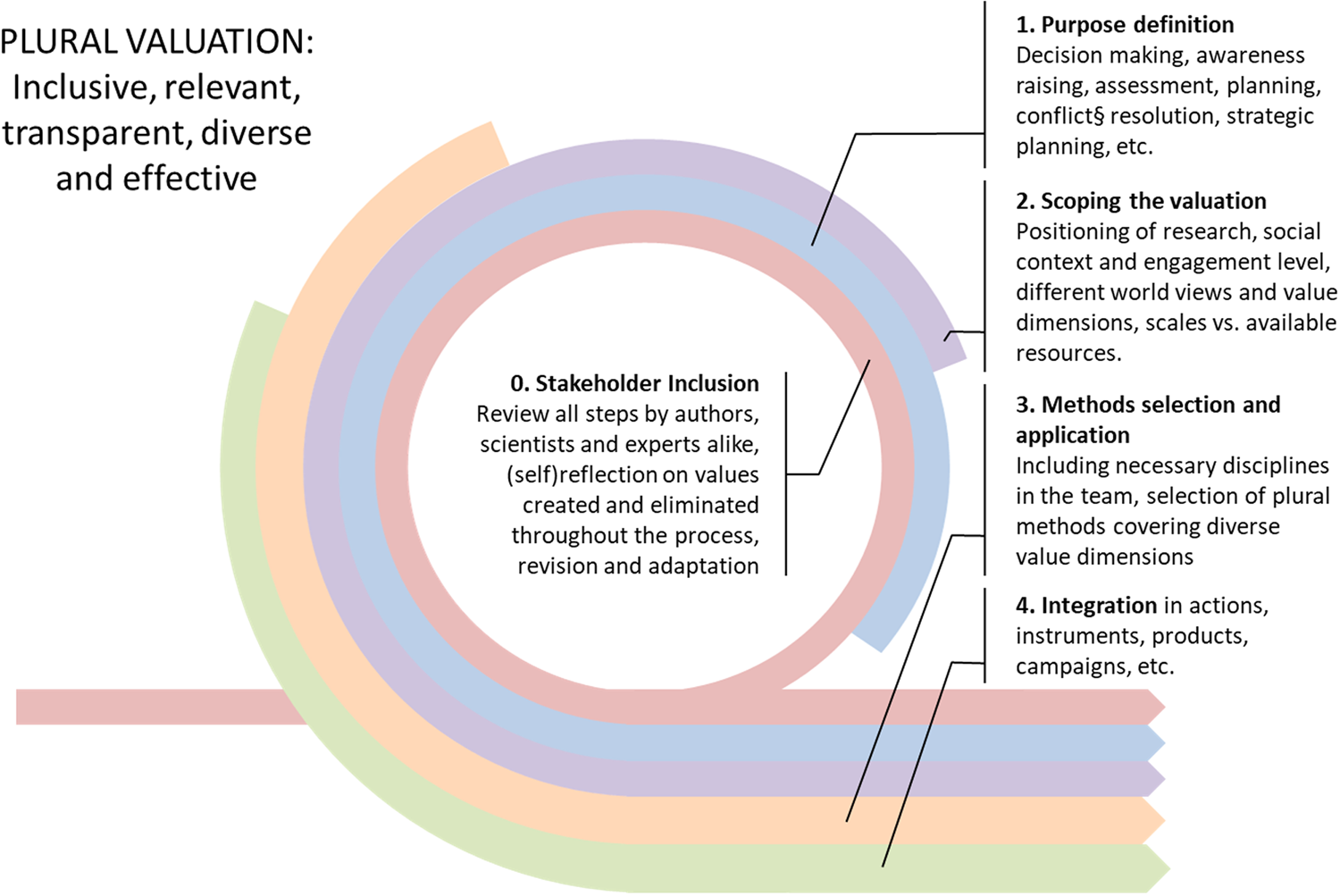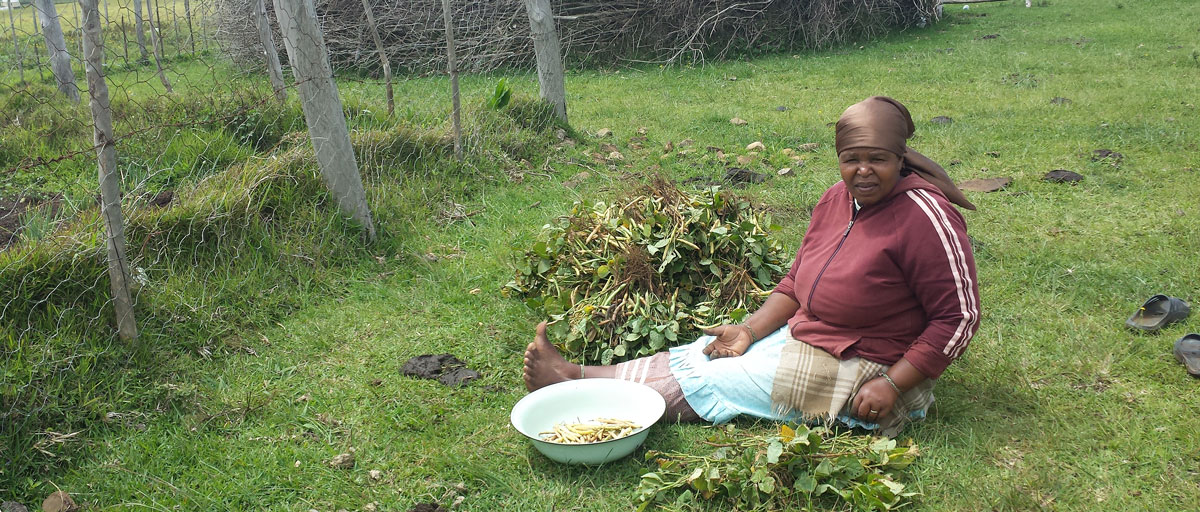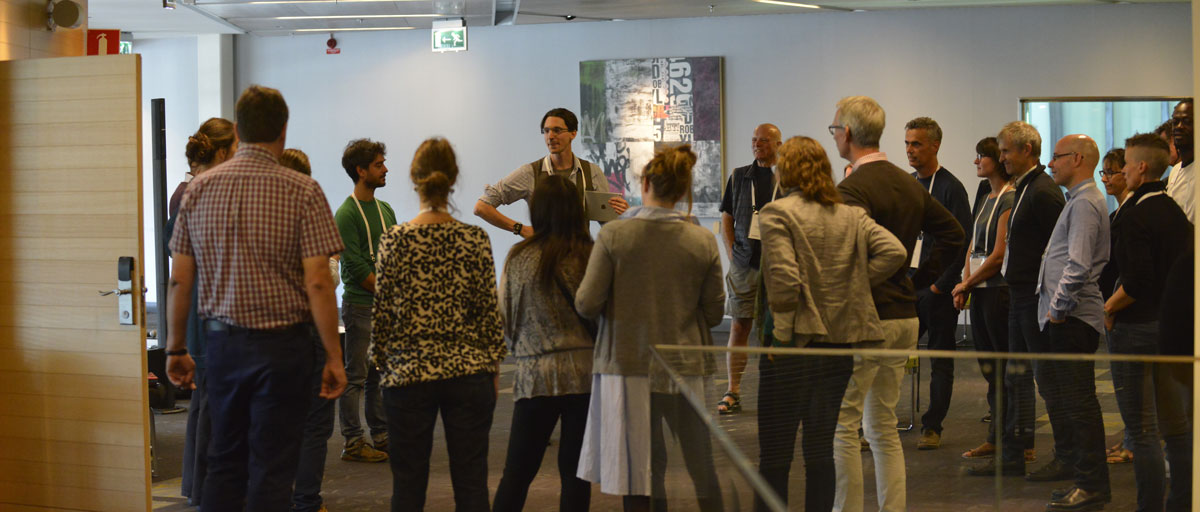Bildtext får vara max två rader text. Hela texten ska högerjusteras om den bara ska innehålla fotobyline! Photo: B. Christensen/Azote
THE OAXACA STATEMENT
Towards a more inclusive valuation of nature
PhotoLe%C3%B3nFelipeMendoza.jpg)
It is time researchers realize their part in the power structures and work for broader inclusion and a more plural valuation of nature, argues researchers in a paper published in Global Sustainability. Photo: L. F. Mendoza
- Valuation of nature has so far been done from too narrow a perspective
- Researchers are realizing that they are in a position of power to push for change
- This valuation community’s mission is to foster recognition of neglected voices and marginalized knowledge systems
Researchers and practitioners present a vision and strategy to better include different worldviews on the value of nature. All with a little help of the octopus
USE YOUR POWER FOR GOOD: The outcomes of nature valuation and decision-making processes are vastly affected by unequal power relations. This imbalance is at the core of most environmental problems.
It is time that researchers realize their part in the power structures and work for broader inclusion and a more plural valuation of nature especially in policy processes such as the Intergovernmental Science-Policy Platform on Biodiversity and Ecosystem Services (IPBES).
This is the argument of a paper published in Global Sustainability where centre researchers Vanessa Masterson and Albert Norström together with colleagues also outline a vision, mission and strategy for reaching this goal.
Lead author is Sander Jacobs from the Research Institute for Nature and Forest (INBO in Belgium).
The paper is one of the outcomes of a SwedBio supported workshop in Oaxaca on plural valuation in 2017 and includes many long term collaborators of SRC and SwedBio and both practitioners and scientists who are involved in the IPBES Values Assessment.
A parallel workshop in Oaxaca in 2017 on Multi-Actor Dialogues:Biocultural Diversity and Social-Ecological Resilience (participants pictured above) was also supported by SwedBio and PECS and organized by Social-ecosystems and Sustainability Network (CONACyT- Mexico's National Council for Science and Technology), resulting in the co-created Declaración de Ixtlán.
There is an expectation on researchers to be objective, but many are struggling to connect their disciplinary expertise with their personal engagement for creating change on the ground.
Sander Jacobs, lead author
Neglected voices and marginalized knowledge
Sander says the researchers wanted to provide a starting point for discussion and reflection for researchers and practitioners whose work makes it clear that they also need to advocate for transformation.
The vision formulated by the authors states that their goal is “ a world in which the participation and representation of all people is realized and nature’s contributions to people are distributed equitably within and across generations.”
The mission is to foster recognition of neglected voices and marginalized knowledge systems, empowering and nurturing marginalized worldviews. And to call out injustices and be transparent in how values are embedded in collective action, social norms and in research methodologies.
%20oaxaca%20group%20bild.jpg)
The authors behind the Oaxaca statement.
Inspired by the octopus
To achieve this the authors outline a strategy of “octupation”.
“The octopus has a decentralized nervous system so that its arms operate in a coordinated but semi-autonomous way. In a similar fashion we suggest that the strategy is to collaboratively and constructively occupy institutions through diverse but connected initiatives,” co-author Vanessa Masterson explains.
“Through this research-policy-practice community on the values of nature, we need to create spaces for critical reflection, for nurturing diversity and for forming alliances. And we need to develop new methods and networks to work across disciplines and knowledge systems, and expertise, integrating local communities and communicating with a broader audience.”
The authors conclude that researchers now need to realize they are in a position of power to push for equity and better representation of marginalized voices to in collective decision-making processes.
“We need to decide what to do with that power,” Albert Norström concludes.
Jacobs, S. Zafra-Calvo, N., Gonzalez-Jimenez, Guibrunet, L., Benessaiah, K., et.al. 2020. Use your power for good: plural valuation of nature – the Oaxaca statement. Global Sustainability, Volume 3, 2020, e8. DOI: https://doi.org/10.1017/sus.2020.2










